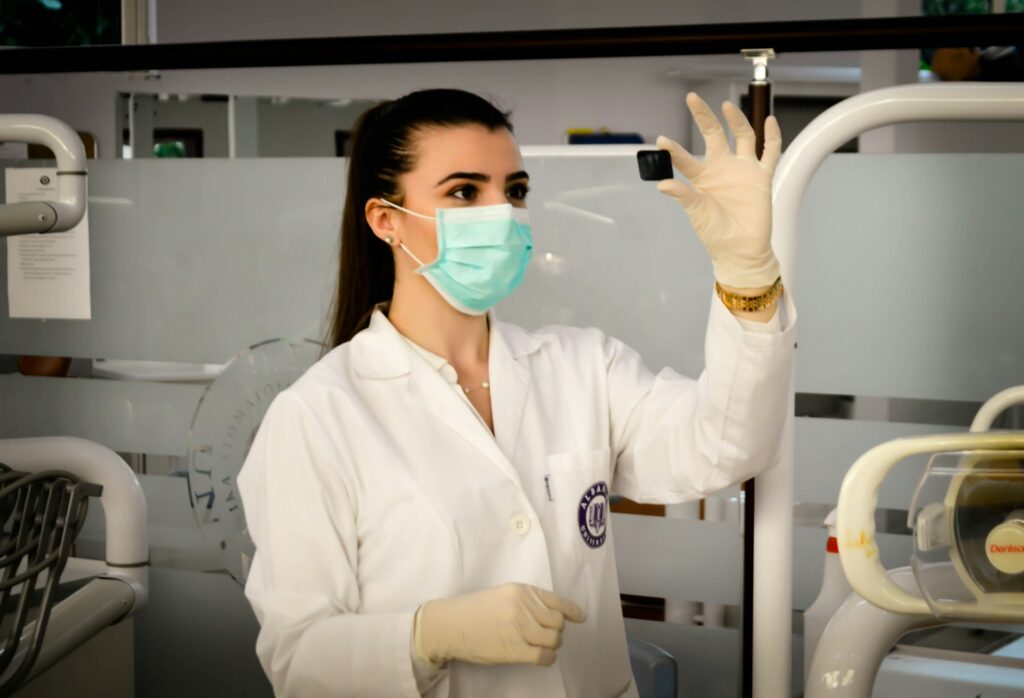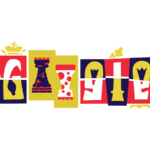National Nursing Day, celebrated every November 21 in Argentina, is a special occasion to honor the invaluable work of nurses. These professionals are fundamental pillars of the healthcare system, dedicating their lives to patient care, health promotion, and emotional support for families.
In this article, we’ll explore the significance of this day, its origins in Argentina, the importance of International Nurses Day, and the legacy of Florence Nightingale, known as the founder of modern nursing.
Nursing: A Vital Profession
With a combination of dedication and professionalism, nurses play a crucial role in healthcare. They don’t just administer medication and oversee treatments but also educate patients and their families, offering emotional support that makes a difference during challenging times.
Their work spans hospitals, clinics, and home care, making them indispensable in disease prevention, health promotion, and the treatment of the sick or injured.
Origins of National Nursing Day in Argentina
November 21 is observed as National Nursing Day in Argentina, a date rich in historical and spiritual significance.
The Founding of the Nursing Federation
This celebration was established by Argentina’s Ministry of Health to commemorate the creation of the Federation of Catholic Professional Nursing Associations in 1935. This organization marked a milestone in the professionalization and social recognition of nursing in the country.
Our Lady of Remedies
Additionally, the date coincides with the feast of Our Lady of Remedies, the patron saint of nurses in Argentina. This religious connection underscores the symbolic and spiritual essence of the profession, highlighting healthcare as an act of service and love for others.
International Nurses Day: A Global Tribute
Globally, International Nurses Day is celebrated on May 12, coinciding with the birth of Florence Nightingale. Promoted since 1974 by the International Council of Nurses (ICN), this day highlights the indispensable role of nurses and advocates for better working conditions and resources for the profession.
On a global scale, nursing remains a key discipline to ensure universal access to health and community well-being.
Florence Nightingale: The Founder of Modern Nursing
The story of modern nursing is incomplete without mentioning Florence Nightingale, an iconic figure who revolutionized healthcare in the 19th century.
Her Journey and Contributions
Born on May 12, 1820, in Florence, Italy, Nightingale defied societal norms by dedicating herself to nursing—a profession undervalued at the time. During the Crimean War, she introduced innovations like handwashing, proper ventilation, and hospital hygiene, dramatically reducing mortality rates. Her dedication earned her the nickname “The Lady with the Lamp.”
A Transformative Legacy
Beyond her practical work, Florence was a pioneer in using statistics to advocate for healthcare reforms. In 1860, she founded the Florence Nightingale School of Nursing and Midwifery, setting educational standards that transformed nursing into a scientific and ethical practice.
Nightingale was also a champion of women’s rights and authored fundamental works like Notes on Nursing (1859), inspiring generations of nurses worldwide.
Final Reflection
National and International Nurses Day not only celebrates the achievements of this noble profession but also invites us to reflect on the importance of supporting those who dedicate their lives to caring for others. Their work, often silent but always crucial, reminds us of the positive impact commitment to health and well-being can have.
This November 21, let us express our gratitude and respect for the tireless efforts of nurses, the true heroes of our communities.
Photo by Ani Kolleshi on Unsplash




